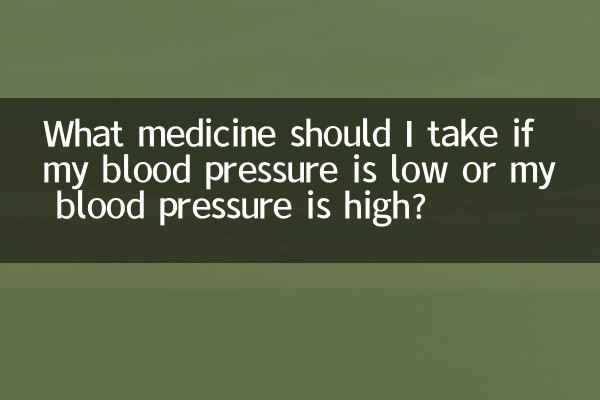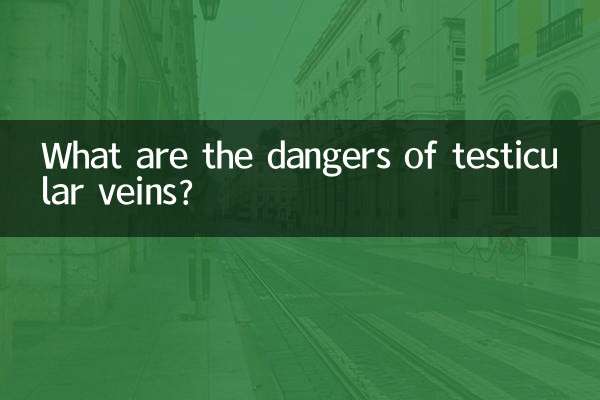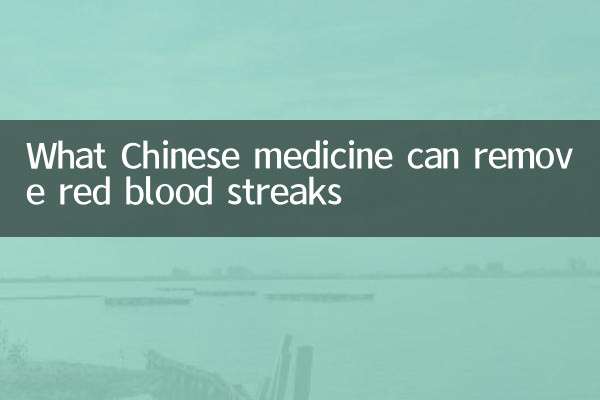What medicine should I take if my blood pressure is low or my blood pressure is high?
Recently, the treatment of high blood pressure, especially high diastolic blood pressure (low blood pressure), has become a hot topic. Many patients are concerned about how to effectively control blood pressure through pharmacological and non-pharmacological means. This article will combine the hot content on the Internet in the past 10 days to provide you with detailed answers to the medications and precautions you should choose when your blood pressure is low or high.
1. What is high diastolic blood pressure (low pressure)?

Diastolic blood pressure refers to the pressure within the blood vessels when the heart relaxes. The normal value should be less than 80mmHg. If multiple measurements are higher than 90mmHg, it is called high diastolic blood pressure, which may be related to decreased blood vessel elasticity, increased blood viscosity, or abnormal kidney function.
2. Recommendations for commonly used drugs for low pressure and high blood pressure
Based on recent medical expert recommendations and clinical guidelines, the following are commonly used medications for high diastolic blood pressure:
| drug type | Representative medicine | Mechanism of action | Applicable people |
|---|---|---|---|
| Angiotensin-converting enzyme inhibitor (ACEI) | benazepril, enalapril | Inhibit vasoconstriction and reduce peripheral resistance | Patients with diabetes or heart failure |
| Angiotensin II receptor blockers (ARBs) | Valsartan, Losartan | Blocks the action of angiotensin II | ACEI intolerant people |
| Calcium channel blockers (CCB) | Amlodipine, nifedipine | dilate peripheral arteries | Middle-aged and elderly patients |
| diuretics | Hydrochlorothiazide, indapamide | Reduce blood volume | salt sensitive hypertension |
3. Medication precautions
1.personalized medicine: Drugs need to be selected based on age, complications, etc. Young patients can give priority to ACEI/ARB.
2.Combination medication: When single drug control is not good, combinations such as ACEI+diuretics or CCB+ARB can be used.
3.Monitor for side effects: If ACEI may cause dry cough, diuretics should pay attention to electrolyte balance.
4. Hot suggestions for non-drug treatment
Recent hot health topics emphasize the importance of lifestyle adjustments:
| Way | Specific measures | Antihypertensive effect |
|---|---|---|
| diet modification | Low salt (<5g/day), high potassium (banana/spinach) | Can reduce 2-8mmHg |
| exercise therapy | 150 minutes of aerobic exercise per week | Can reduce 4-9mmHg |
| weight management | Control BMI between 18.5-24 | Reduce 5-20mmHg for every 10kg lost |
5. Latest research trends
1. The new guidelines of the International Society of Hypertension (ISH) recommend β-blockers as fourth-line medication.
2. "Lancet" research shows that taking antihypertensive drugs at night may be more effective than taking them in the morning.
3. Artificial intelligence blood pressure monitoring equipment has become a recent technological hotspot and can help adjust medication plans more accurately.
6. Medical advice
If you find that your diastolic blood pressure persists ≥100mmHg, or is accompanied by symptoms such as headache and blurred vision, you should seek medical attention immediately. Recently, many hospitals have launched Internet diagnosis and treatment services, and cardiovascular specialists can be consulted online through formal platforms.
(The full text is about 850 words, data as of October 2023)

check the details

check the details